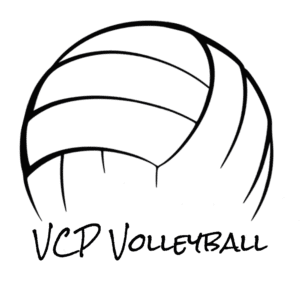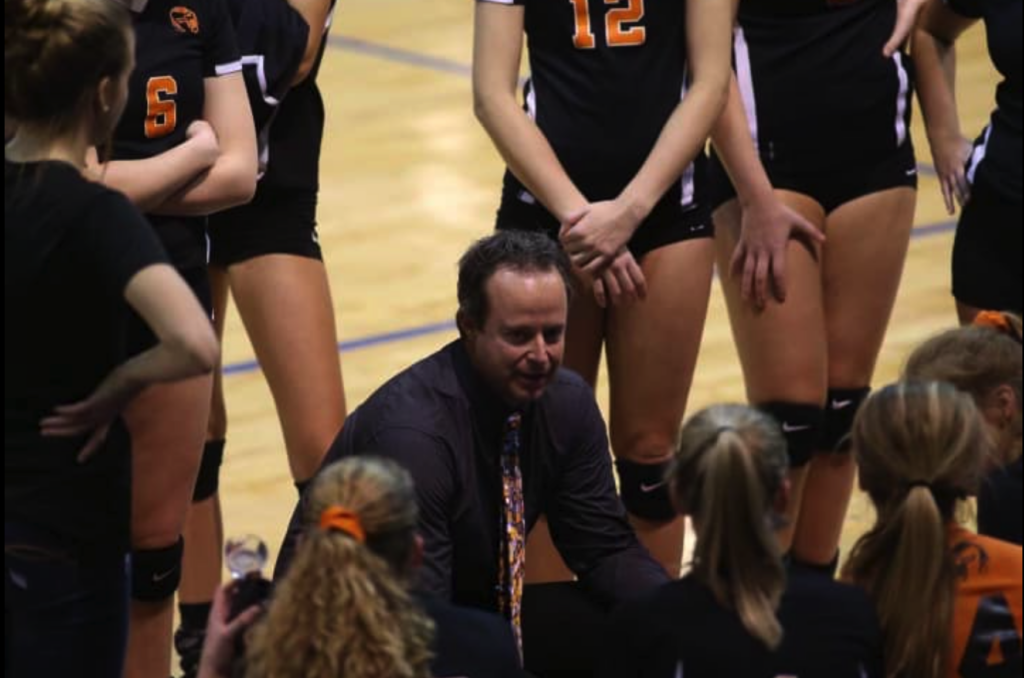Often when I speak with athletes after errors or a “terrible play” I hear that they “freeze” and “forget” what they were doing or what they were about to do, and explain that “they know” what they are supposed to be doing instead. This tells me that they have a voice in their head telling them to be doing something different or that they did a (insert adjective about quality here) job. Somehow amidst their thought process someone’s influence is in the way of how they respond to the play unfolding. As in, instead of following their most basic instincts, to feel what they know to be right and true, they stop to consider what someone (likely a coach) had been saying to them. It is in that moment where they are trying to retreat from their most basic instincts in favor of something they were told to do they are freezing instead of playing-on.
Recognizing Ego
This got me thinking about how the ego of the coach plays into the connection between themselves and their players. The more the coach exerts an amount of control over their players’ play, and/or how they think and feel about their play, the more they run the risk of impeding the players’ natural ability to…play. I see this with coaches who preach, “Good is the enemy of great,” as if to say that, if I attach a certain quality to your play, I am influencing your hunger to strive for an even higher quality of play. Often coaches will chastise players for not doing something they were told to do so many times before, be audibly and visibly upset on their benches, and laud themselves in their ability to evaluate athletes and for how their team reaches a desirable outcome.
But this is all… “my stuff” as a Coach. My pride, my sense of accomplishment, what I attribute to be good, just, and “great”. Potentially the entirety of the helping relationship is a function of the ego, and there may be benefits to recognizing when we are putting too much of “our stuff” onto the athletes, exerting too much control over the athlete’s environment, claiming too much of our athlete’s and team successes as our own, when we are engaging in ego-faux-pau’s that impede our athlete’s agency and independence, and how being keenly aware of our ego at-play can benefit the coach-athlete relationship in a way that promotes athlete performance.
Evaluating Coaching Effectiveness
How much success can a coach claim from how their team performs in both process and outcome? Are there other ways…
Click Here to Read the Full Original Article at Junior Volleyball Association…

